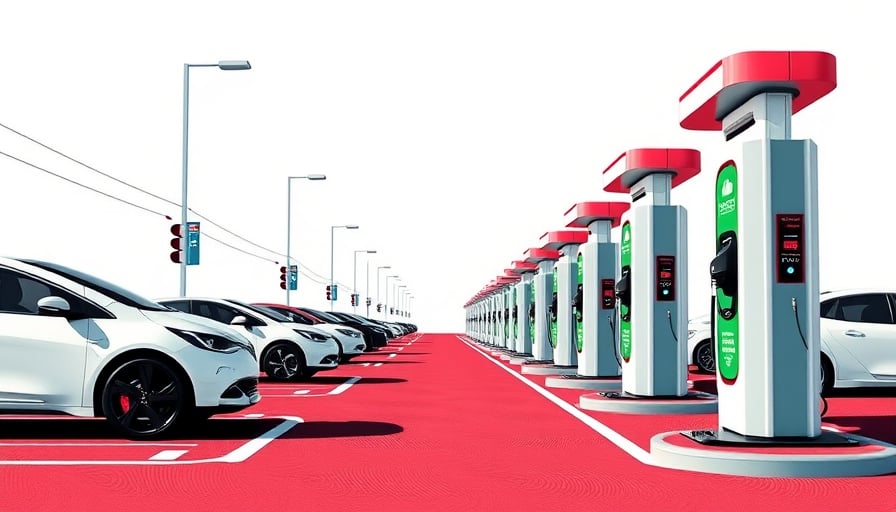Volkswagen AG Navigates New Frontiers Amid Regulatory Scrutiny and Strategic Partnerships
Volkswagen AG, the German automotive titan listed on Xetra with a market capitalization of €51.03 billion, continues to evolve its product portfolio and strategic alliances while confronting ongoing legal challenges. The company’s stock closed at €101 on 11 November 2025, positioned between a 52‑week high of €116.7 and a low of €81.5. With a price‑to‑earnings ratio of 7.58, investors remain attentive to how operational developments translate into shareholder value.
Launch of the 2026 T7 Transporter in Australia
In late November, Volkswagen unveiled the all‑new T7 Transporter in Australia, marking the arrival of a refreshed generation in a market that has dubbed the “year of the van.” The transporter’s debut, reported by The Canberra Times, signals Volkswagen’s commitment to the commercial vehicle segment—a segment that continues to underpin the group’s revenue stream. The T7’s advanced safety features, hybrid powertrain options, and versatile cargo configurations aim to solidify Volkswagen’s foothold in a competitive van market dominated by local and international players.
Escalating Legal Proceedings in Germany
Meanwhile, the company’s reputation is being tested by a fresh wave of litigation. Ad‑hoc News reported that proceedings in Braunschweig are underway against five former Volkswagen employees on charges ranging from fraud and tax evasion to illicit advertising. The allegations implicate senior managers who allegedly oversaw compliance breaches during the infamous diesel‑emissions scandal. While the court case is ongoing, the potential financial and reputational ramifications could influence investor sentiment and regulatory oversight.
Shifting Dynamics in the Chinese Market
Volkswagen’s presence in China, historically a cornerstone of its global strategy, is experiencing pressure from domestic competitors. Motor1.com noted that the group’s dominance is waning as local manufacturers introduce technologically sophisticated, price‑competitive vehicles. In response, Volkswagen has accelerated the rollout of its electric‑vehicle (EV) lineup in China, exemplified by the registration of the ID.Unix 08 for approval by its joint venture, VW Anhui. This move reflects a broader strategy to recapture market share through electrification and to meet increasingly stringent Chinese emission standards.
Expansion of EV Technology through RV Tech
A pivotal development for Volkswagen’s future is the joint venture with Rivian Automotive, known as RV Tech. Multiple outlets—Mercury News, TipRanks, Island Packet, and Thestar—have highlighted the partnership’s ambition to commercialize co‑developed EV technology for both electric and combustion‑engine vehicles. The collaboration, founded a year prior, has progressed to winter testing of new vehicle architectures, as reported by Börsen‑Zeitung. The joint venture’s approach involves integrating software and electronics across platforms, potentially enabling Volkswagen to offer a unified powertrain architecture to external automakers. This strategy could diversify revenue streams and position Volkswagen as a technology licensor in a rapidly evolving mobility landscape.
Market Reaction and Investor Outlook
Analysts note that, despite the legal challenges and shifting competitive dynamics, Volkswagen’s fundamentals remain robust. The company’s diverse product range—from economy and luxury cars to trucks and commercial vehicles—provides multiple revenue channels. The recent surge in EV development and strategic partnerships signals a forward‑looking trajectory aligned with global decarbonization goals. However, investors should monitor the outcome of the Braunschweig proceedings and the commercial viability of the RV Tech offerings, as these factors will materially affect future earnings and share performance.
In sum, Volkswagen AG is at a crossroads: it must balance the legacy of its diesel‑emission controversies with an aggressive push into electrification and technology licensing. The company’s ability to navigate these twin imperatives will determine its standing in the increasingly competitive global automotive arena.
